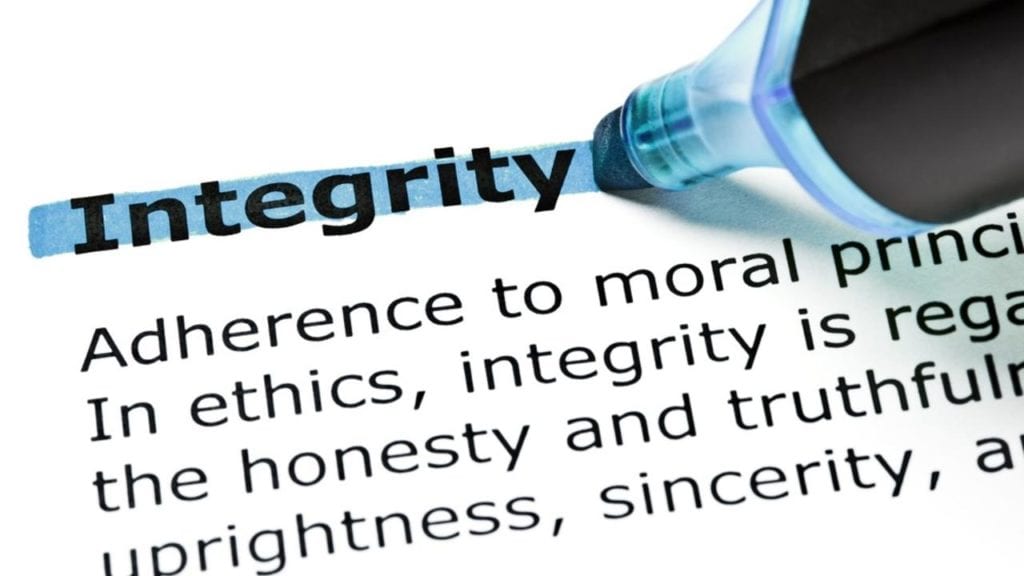The word “integrity” is grossly over-used in Real Estate, including by the worst Salesy Slicksters who have none. When I say over-used, I’m talking “chef’s kitchen” or “gleaming hardwood!”
Here’s my definition of what true “integrity” means in Real Estate:
- You are an “agent,” as opposed to a “salesperson.” You always act in your clients’ best interest, without regard to your potential benefit. Sometimes this means talking yourself out of a commission check.
- You perform your duties to the very best of your abilities at all times. Easy to say, not so easy to execute. It means skipping lunch with a friend, so you have enough time to nail the correct price on your CMA. It means telling your client the straight-up-truth, no matter how little they want to hear it. You do the hard stuff.
- You recognize your weaknesses, and you continuously work on improving them, ultimately to deliver a higher quality of service to your clients.
Almost all Real Estate agents will claim that they follow the first two points (whether they do or not). But it’s the third one that differentiates the best from the average. Genuine high-integrity agents are never quite satisfied with their abilities, and they continuously work to improve.
For example, you know you should be reporting to your seller clients on a regular schedule. But it seems like there are always a thousand other things to do, so your reporting becomes haphazard and ineffective.
Knowing how important it is for their clients to be receiving timely scheduled reports, high-integrity agents seek out ways to improve their organizational skills. They are always “tweaking” their businesses to deliver better information and service to their clients.
When you conduct yourself in the ways I’ve described above, you’re exceptional, and the word gets around like wildfire. Believe me, I know.
Beginning in my second year, I earned between $590,000-$865,000 every year for 12 years in a row, all as an individual agent, and with the vast majority generated from referrals.
People ask me all the time how I was so successful. What was my “secret”?
When I give them my answer (see above), they think I’m being coy. I shake my head and wonder why people are always looking for “secrets” when the truth is staring them in the face.
These same people—the ones looking for “secrets”—would seemingly rather spend hours every day chasing cold Internet leads, rather than building a self-sustaining, profitable, rewarding business, by simply delivering exceptional customer service.
I still don’t get it.



